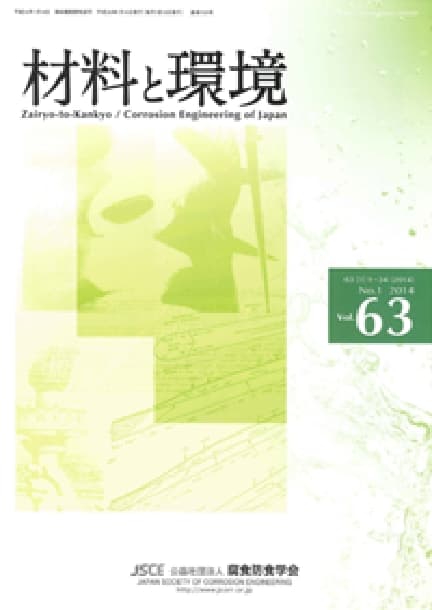Characterization of Oxide Layers by Raman Spectroscopy
Yasushi Matsuda
pp. 433-438
Abstract
Raman spectroscopy has been applied to the studies of the oxidation of stainless steel and similar alloys and has showed that the sensitivity and specificity of the technique are sufficient to detect the formation of iron, chromium and mixed spinel oxides in surface layers that are too thin for analysis by X-ray diffractometry. This information also has been obtained both during and after exposure to high temperature environments. Therefore the oxide formation is simultaneously monitored using Raman spectroscopy technique. In this report, the characterization and in-situ measurements of oxide layers by Raman spectroscopy are introduced. In addition, it is demonstrated that Raman spectroscopy and photo-luminescence spectroscopy offer methods for determining the stress distribution and semi-quantitative stress values in thin oxide layers.










